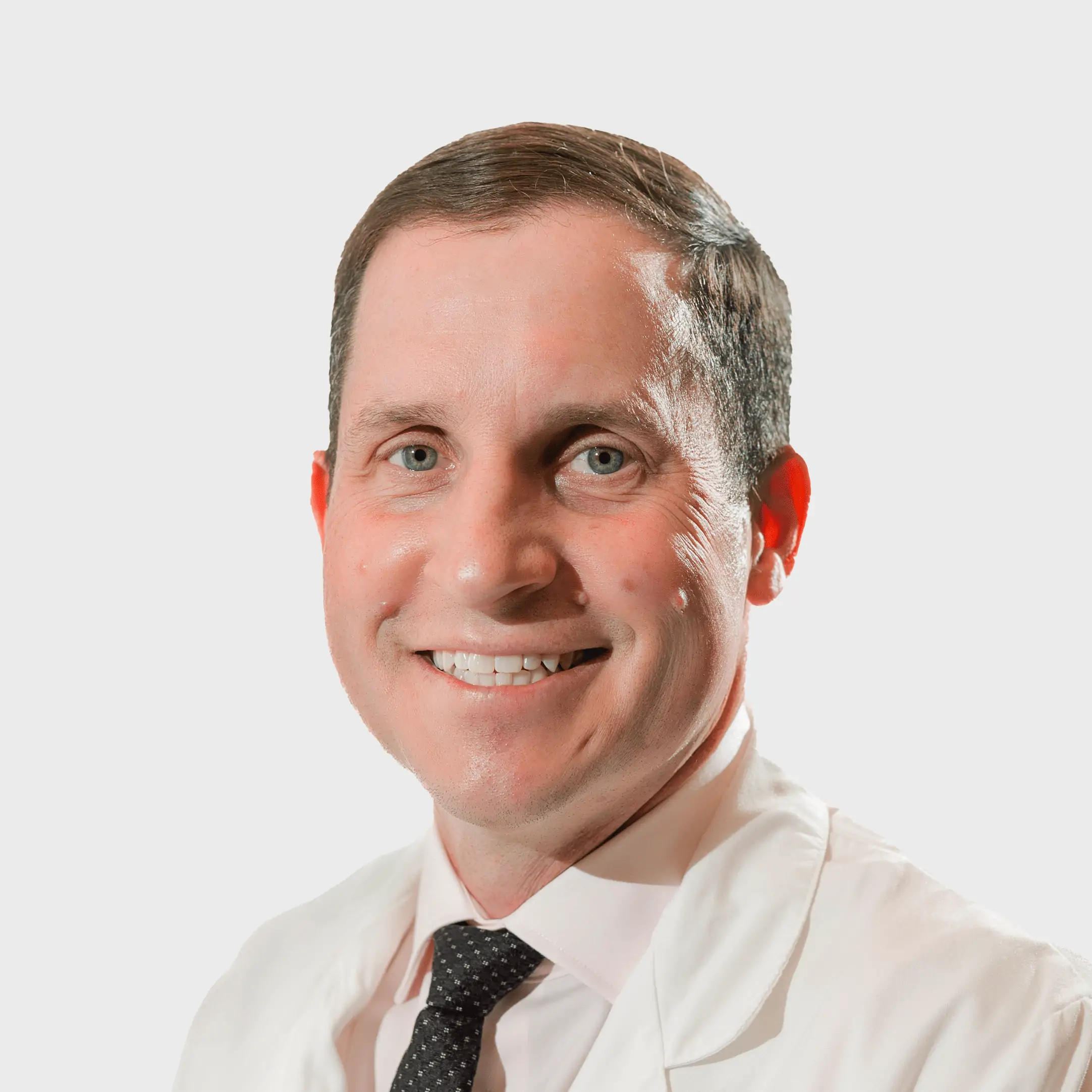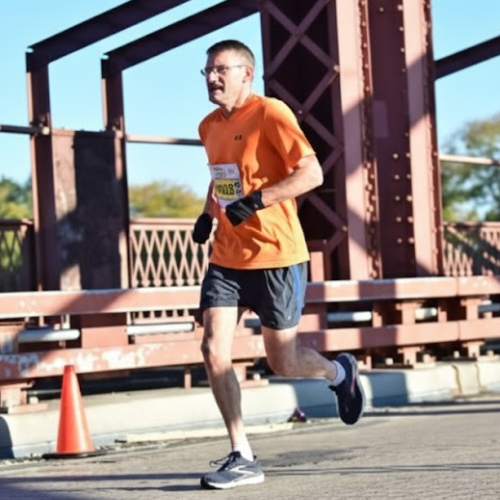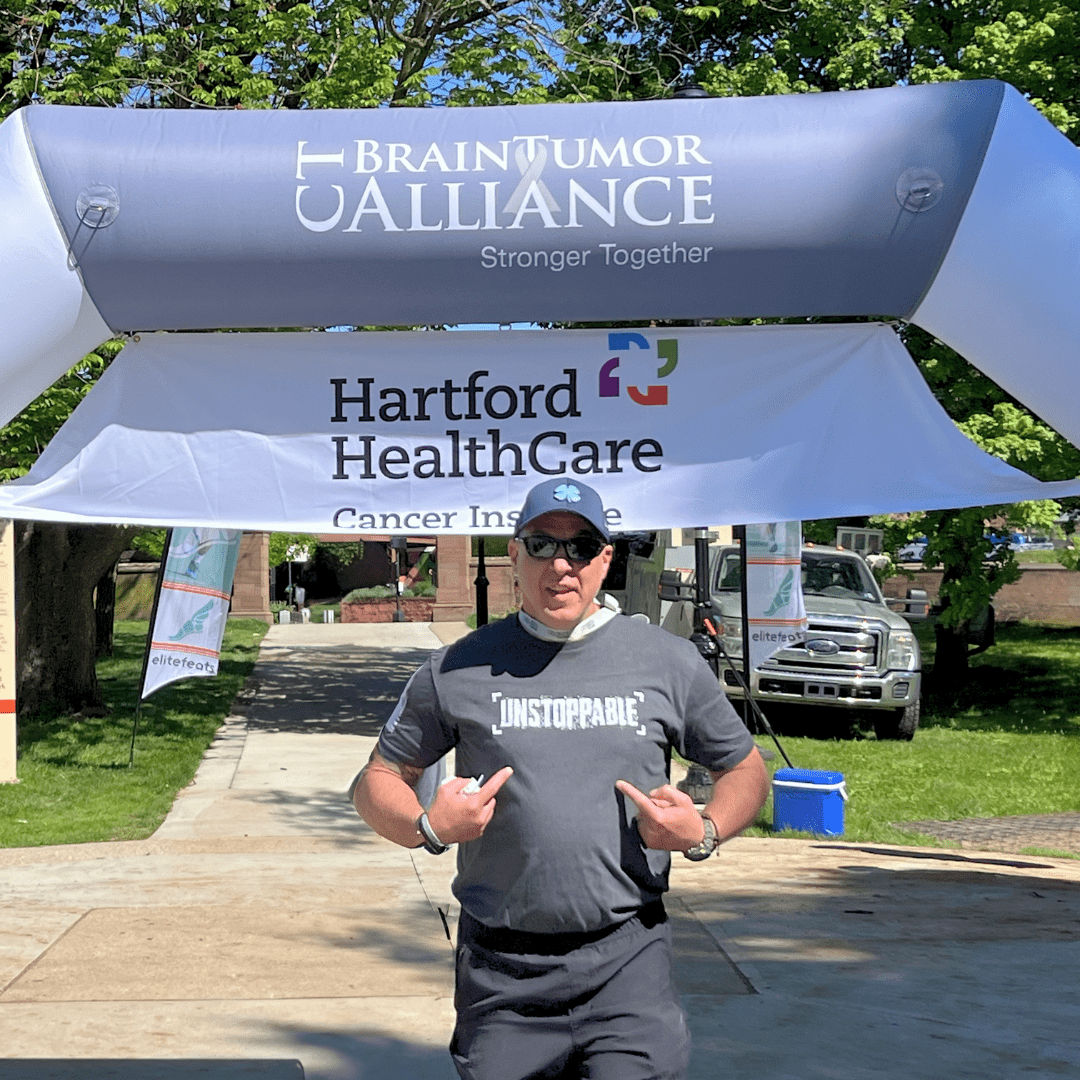Expert Knee Replacement Surgeons in Central Connecticut
At Middlesex Orthopedic & Spine Associates (MOSA), our board-certified, fellowship-trained knee replacement surgeons are experts in knee replacement surgery and recovery. We offer advanced treatment options, including minimally invasive knee replacement surgery, robotic-assisted knee replacement, and same-day outpatient procedures. With convenient locations across Middletown, Westbrook, Hebron, Marlborough, and Newington, we provide personalized orthopedic care for patients throughout Central Connecticut.
Whether you’re managing arthritis, recovering from a knee injury, or struggling with chronic knee pain, our team is dedicated to restoring your mobility and improving your quality of life. We take a comprehensive approach to knee replacement and recovery, offering individualized care and guidance at every stage of your journey.
Why Choose Middlesex Orthopedic & Spine Associates for Knee Replacement Surgery?
We’ve been providing high-quality joint care to the people of Central Connecticut for more than 30 years. In addition to delivering exceptional surgical outcomes, we take pride in supporting patients throughout their recovery journey and ensuring they have the resources they need to heal well.
- Fellowship-Trained Surgeons: Our knee specialists have advanced fellowship training in joint replacement and perform hundreds of knee replacements annually. We consistently achieve excellent outcomes with low complication rates.
- Minimally Invasive and Robotic Surgery: Our surgeons utilize the latest surgical innovations to improve accuracy, reduce tissue trauma, and enhance your recovery experience.
- Comprehensive Recovery Plans: We work closely with you before and after surgery to ensure you know what to expect, providing support through each step of the recovery process—from pain management to physical therapy.
What to Know About Knee Replacement Surgery
Knee replacement surgery is a highly successful orthopedic treatment for severe knee osteoarthritis and other degenerative joint conditions. During surgery, a surgeon removes damaged cartilage and bone from the knee joint and replaces them with a prosthetic implant designed to restore function and reduce pain.
Many knee replacement surgeries can be performed as outpatient procedures, allowing you to return home the same day without the need for a hospital stay.
Types of Knee Replacement Surgery
-
Total Knee Replacement (TKR): The most common type of knee replacement, this procedure involves resurfacing the entire knee joint with prosthetic components.
-
Partial Knee Replacement (PKR): For patients with damage confined to one part of the knee, a partial replacement may be appropriate, preserving more of the natural joint.
Many knee replacements can now be performed as outpatient procedures, allowing patients to return home the same day.
Which Conditions Does Knee Replacement Surgery Treat?
- The most common condition for which patients get knee replacement surgery is osteoarthritis, the most common form of arthritis. It is caused by wear and tear and causes pain and stiffness in joints. It is most common among older adults.
-
Other conditions that knee replacement surgery may treat include:
- Knee injury
-
Rheumatoid arthritis or other types of arthritis
Who is a Good Candidate for Knee Replacement Surgery?
While knee replacement surgery is very common, the treatment is most commonly recommended for:
- Patients with severe knee damage due to arthritis or injury.
- Patients who experience severe knee pain and swelling to the point where everyday activities such as walking, climbing stairs, and standing up are painful and difficult.
- Patients who have not responded to other treatments like physical therapy, medications, injections, or other surgical procedures.
Knee Replacement Recovery: What to Expect
Recovery plays a vital role in the success of knee replacement surgery. Here’s what to expect:
-
Hospital Stay and Same-Day Discharge: Depending on your overall health and home support, you may be able to go home the same day or stay overnight for observation.
-
Physical Therapy: PT usually begins at home shortly after surgery. Most patients participate in outpatient physical therapy for 8–12 weeks, though it may not be necessary for everyone.
-
We also offer access to Limber, a mobile app that connects you with a virtual physical therapy assistant and provides customized exercises to support your recovery.
-
-
Return to Driving and Work: Most patients can drive again in about 2–3 weeks after left knee surgery (as long as they’re off narcotic medications and can safely operate the vehicle). If surgery was performed on the right knee—or if the patient drives a manual transmission—we recommend waiting at least 4 weeks.
-
Total Knee Replacement (TKR): The most common type of knee replacement, this procedure involves resurfacing the entire knee joint with prosthetic components.
-
Partial Knee Replacement (PKR): For patients with damage confined to one part of the knee, a partial replacement may be appropriate, preserving more of the natural joint.
Many knee replacements can now be performed as outpatient procedures, allowing patients to return home the same day.
- The most common condition for which patients get knee replacement surgery is osteoarthritis, the most common form of arthritis. It is caused by wear and tear and causes pain and stiffness in joints. It is most common among older adults.
-
Other conditions that knee replacement surgery may treat include:
- Knee injury
-
Rheumatoid arthritis or other types of arthritis
While knee replacement surgery is very common, the treatment is most commonly recommended for:
- Patients with severe knee damage due to arthritis or injury.
- Patients who experience severe knee pain and swelling to the point where everyday activities such as walking, climbing stairs, and standing up are painful and difficult.
- Patients who have not responded to other treatments like physical therapy, medications, injections, or other surgical procedures.
Recovery plays a vital role in the success of knee replacement surgery. Here’s what to expect:
-
Hospital Stay and Same-Day Discharge: Depending on your overall health and home support, you may be able to go home the same day or stay overnight for observation.
-
Physical Therapy: PT usually begins at home shortly after surgery. Most patients participate in outpatient physical therapy for 8–12 weeks, though it may not be necessary for everyone.
-
We also offer access to Limber, a mobile app that connects you with a virtual physical therapy assistant and provides customized exercises to support your recovery.
-
-
Return to Driving and Work: Most patients can drive again in about 2–3 weeks after left knee surgery (as long as they’re off narcotic medications and can safely operate the vehicle). If surgery was performed on the right knee—or if the patient drives a manual transmission—we recommend waiting at least 4 weeks.
Physicians

- Sports Medicine
- Shoulder
Practicing in:
Middletown, Hebron, and Newington
- Sports Medicine
- Hip and Knee Replacement
- Shoulder
Practicing in:
Middletown and Westbrook
- Hip and Knee Replacement
Practicing in:
Middletown, Marlborough, Newington, and Westbrook
- Sports Medicine
- Shoulder
Practicing in:
Middletown and Marlborough
- Hip and Knee Replacement
Practicing in:
Middletown, Newington, Westbrook, and Marlborough
- Sports Medicine
- Hip and Knee Replacement
- Shoulder
Practicing in:
Middletown, Hebron, and Newington
- Hip and Knee Replacement
Practicing in:
Middletown, Newington, and Westbrook








